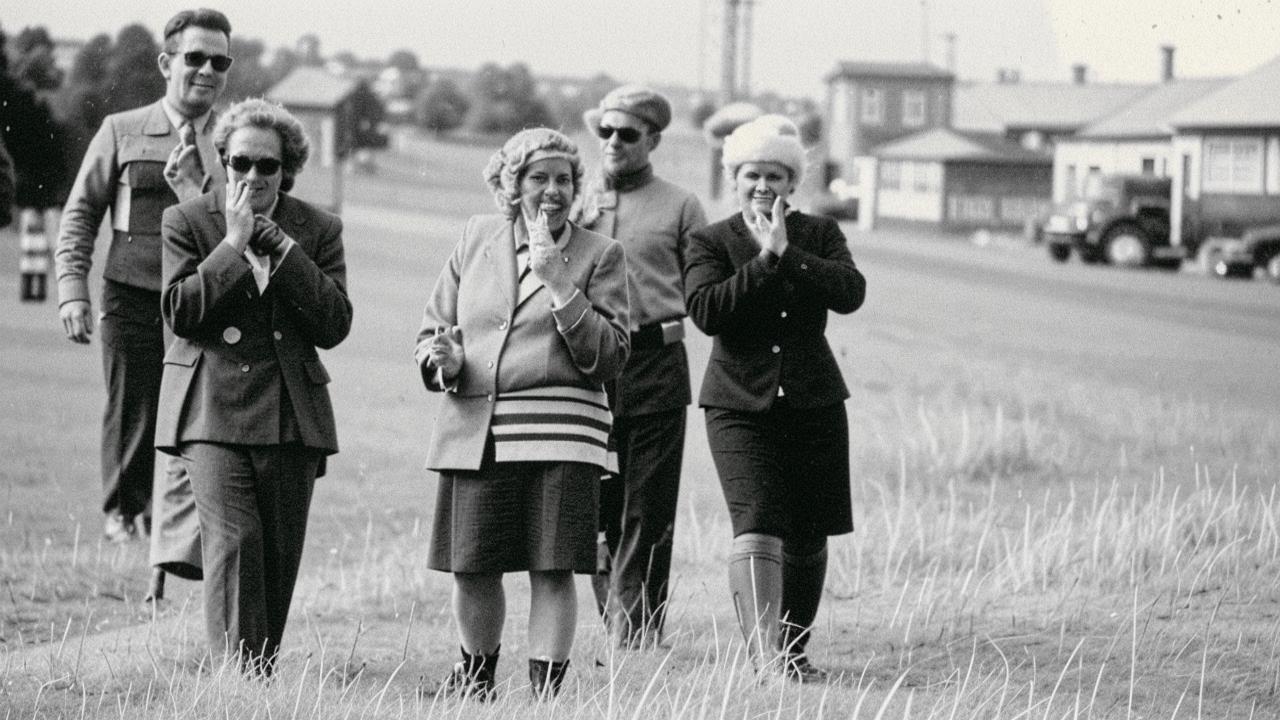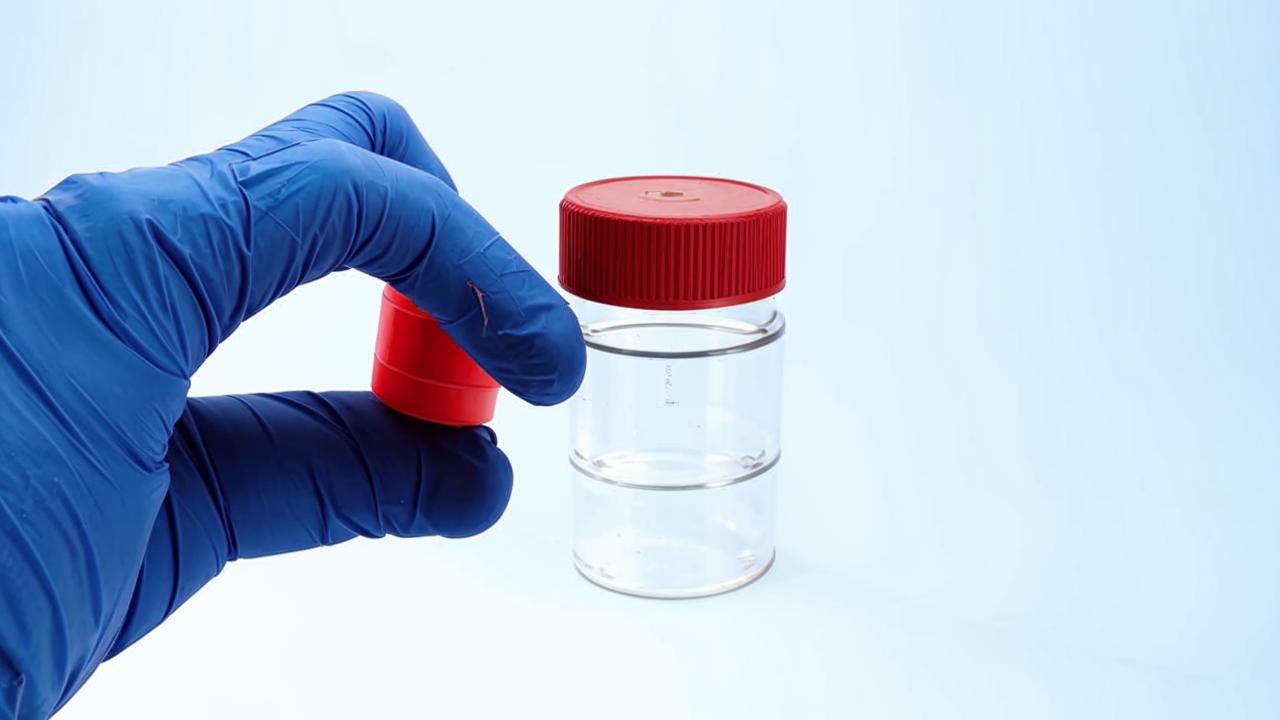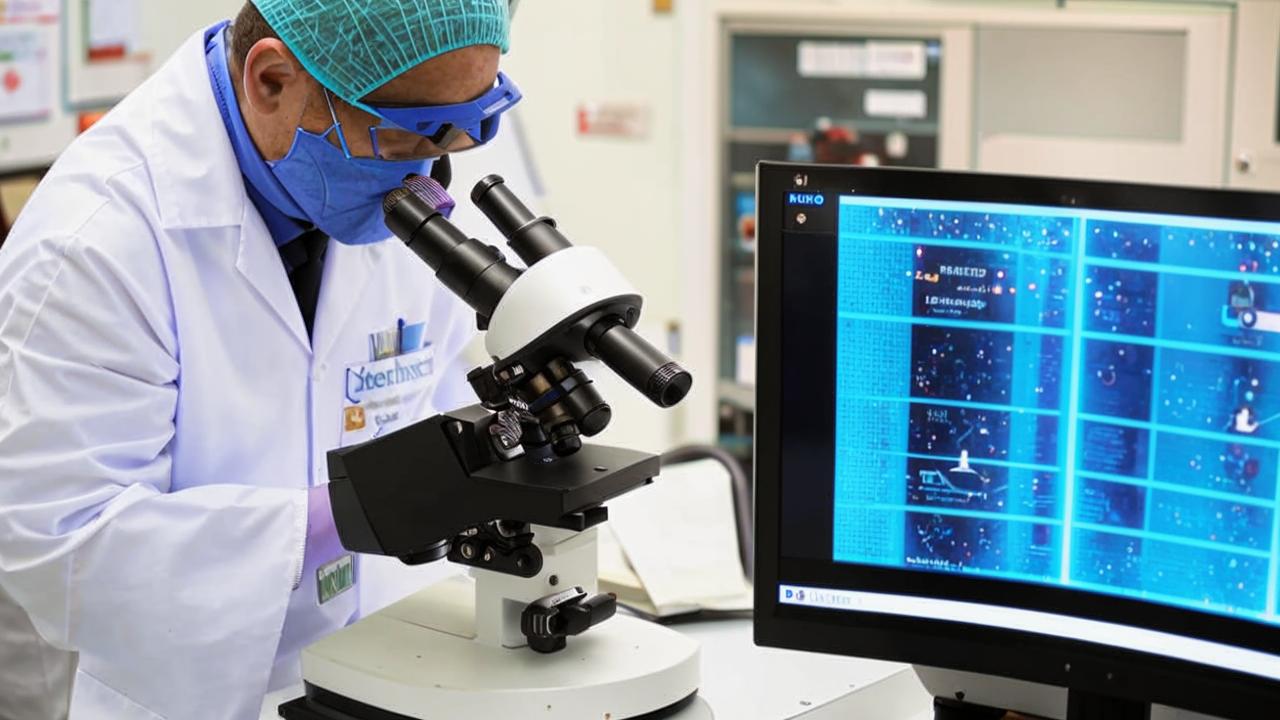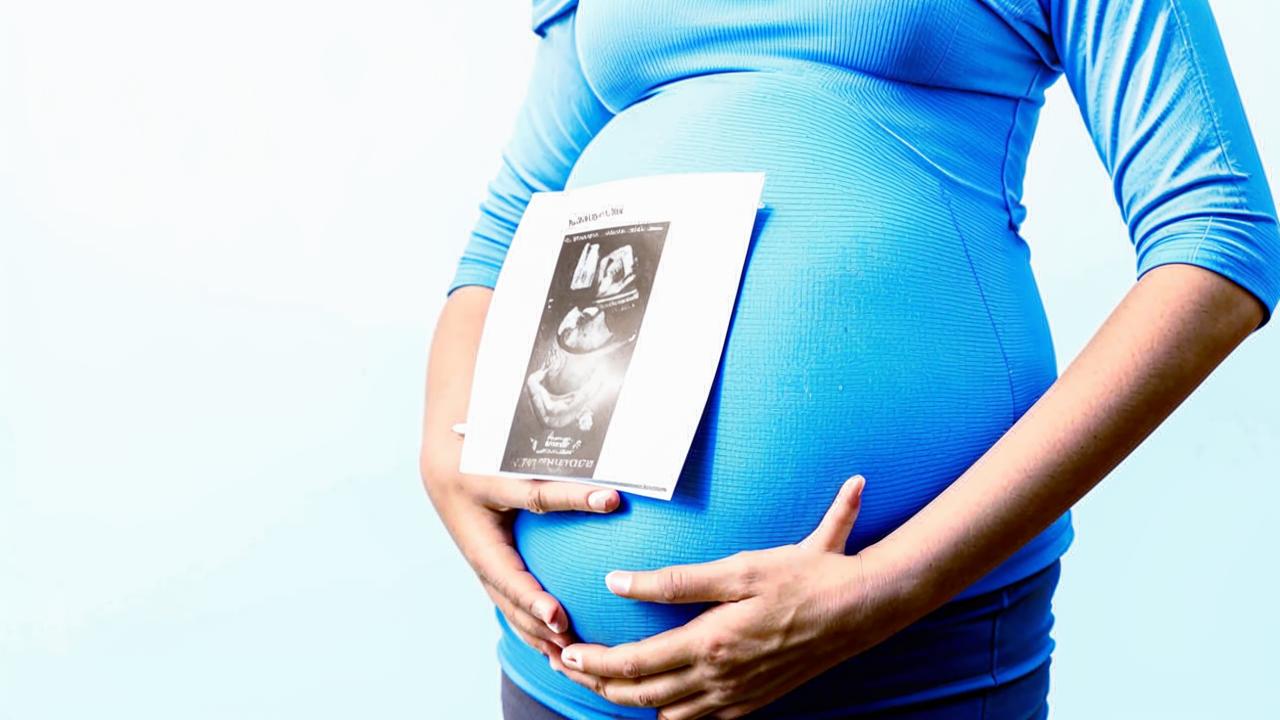In the world, a large number of families cannot conceive a child on their own due to some factors. Assisted reproductive technologies, such as the use of donor sperm, come to the aid of such couples.
Recall, recently the founder of “Telegram” Pavel Durov said that he is the biological father of more than 100 children. The entrepreneur became a sperm donor 15 years ago, when a friend turned to him for help – he and his wife had fertility problems.
Together with the expert we found out how the process of sperm donation takes place, who can become a donor and how such practice is regulated by law.
Requirements for potential donors

Gynecologist-reproductologist, chief physician of the Philosophy of Life fertility clinic
“The requirements for donors are regulated by Order 803n of the Ministry of Health of the Russian Federation.”
In Russia, according to the legislation, a healthy man aged 18 to 35, physically and mentally healthy, can become a sperm donor.

During a visit to the clinic, the donor fills out a questionnaire in which he indicates his phenotypic features: blood type, color and description of hair, nose and face, height, weight, cut and color of eyes. He also indicates his year of birth, zodiac sign and education (without specifying the institution itself). This is the only information a woman receives about a potential sperm donor.
There is a selection process among donors: they do not become people with bad habits, alcohol and drug addiction, as well as men with low or high height (155 cm or 220 cm).
Medical examination of sperm donors
Before donating biomaterial, a potential donor should undergo a consultation with a narcologist and a psychiatrist, as well as advanced laboratory diagnostics: spermogram and blood for hemocontact infections, including, for example, HIV, syphilis, hepatitis B and C.
Karyotyping – a study for abnormalities in the number and structure of human chromosomes – is mandatory.
Only frozen sperm is used for donor IVF programs. After surrendering the biomaterial, it goes to the study of hemocontact infections (a group of diseases with a mechanism of transmission through the blood of the patient) – at this time the sperm is placed in quarantine.

If the tests do not reveal any infections, the sperm is transferred for cryopreservation, i.e. frozen storage. After six months, the specialists recheck the stored material for the presence of hematopoietic infections, and if the analysis does not reveal them, then the sperm can be used in the IVF program.
The ethical side of the issue
The ethical aspects of sperm donation generate a lot of debate. One of the main issues is the anonymity of the donor and his possible obligations towards the children born using his sperm. Some experts believe that children have the right to know about their biological origin.
In the framework of assisted reproductive technologies in Russia, the donor is necessarily interviewed about the procedure for donating the material, as well as about the principles of the program.
In our country, the donation of biomaterial is absolutely anonymous, the identity will not be disclosed neither to the recipient of the biomaterial, nor to the children born during the IVF program. The rule also applies in the opposite direction: the donor will not know who received his sperm and whether it was used in the IVF program.

Non-anonymous donation is possible if the couple independently and mutually expresses the wish for a relative or acquaintance to be the sperm donor. This man will in any case have to undergo all the necessary medical examinations and meet the criteria.
How many children can be born from one donor?
The number of pregnancies from one donor is limited and is calculated according to a certain formula.
For example, for a city of one million people, the maximum number of pregnancies from one person is 20. After that, he is removed from the catalog of donors.
This is due to the need to minimize the risk of creating a married couple – children born from the same father. As is known, children born from relatives have significant risks of developmental abnormalities.
Advantages and disadvantages of sperm donation
For the sperm donor, the procedure itself does not carry risks, but only pluses. First, a person undergoes a fairly thorough medical examination of the body, which is always good. Secondly, he receives a reward for the donated biomaterial from the fertility clinic.
In cities with millions of inhabitants, the monetary payment for each portion of sperm is on average 4-5 thousand rubles.
The situation with donation is uneven across the regions and cities of Russia. In large cities, where there are many young and healthy men, there is no shortage of donor sperm, but in regions where there are fewer young people or the health of the population in general is worse, I admit that there may be a shortage of biomaterial.





